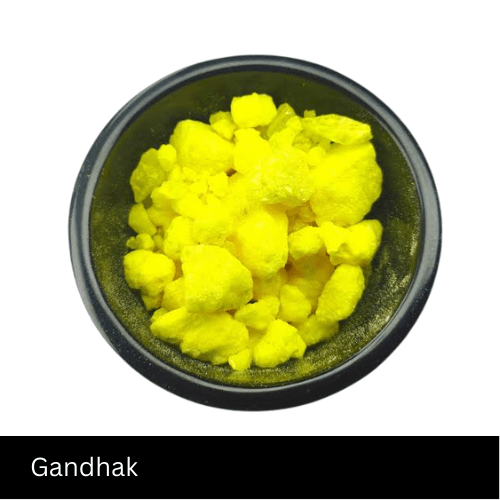Other Names of Sulfur
- Brimstone
- Sulfur powder
- Flowers of sulfur
- Yellow sulfur
- Sulphur
Note: The spelling “sulfur” is commonly used in American English, while “sulphur” is used in British English.
10 Benefits of Sulfur
2. Relieves skin conditions: Sulfur has been used to treat skin conditions such as psoriasis, seborrheic dermatitis, and rosacea.
3. Supports joint health: Sulfur is a component of joint-lubricating fluid and can help reduce inflammation in people with joint conditions like osteoarthritis.
4. Detoxifies the liver: Sulfur helps the liver remove toxic substances and promotes liver health.
5. Reduces inflammation: Sulfur has anti-inflammatory properties, which can help reduce swelling and pain in the body.
6. Improves hair health: Sulfur is an essential component of keratin, a protein that makes up the structure of hair, skin, and nails.
7. Supports healthy nails: Sulfur can also help improve the health and strength of nails.
8. Aids in digestion: Sulfur is important for the digestive process and can help improve digestion and nutrient absorption.
9. Helps maintain healthy skin: Sulfur helps keep skin cells healthy and hydrated, preventing dryness, flaking, and itching.
10. Supports respiratory health: Sulfur can help reduce the symptoms of respiratory conditions, such as asthma and bronchitis.
Which type of Diseases can be cured by Sulfur
- Acne
- Psoriasis
- Seborrheic dermatitis
- Rosacea
- Osteoarthritis
- Scabies
- Dandruff
- Bronchitis
- Asthma
It’s important to note that while sulfur may be used to treat these conditions, it is always best to consult with a healthcare professional for an accurate diagnosis and appropriate treatment plan. Self-treating with sulfur or any other substance may not be safe or effective and can interfere with other medications or treatments you may be taking.
Name of Nutritions in Sulfur
- Amino acids: Sulfur is a component of the amino acids cysteine and methionine, which are important for protein synthesis.
- Glutathione: Glutathione is a potent antioxidant that helps protect the body from damage caused by oxidative stress and free radicals.
- Biotin: Sulfur is a component of biotin, a B vitamin that is important for skin, hair, and nail health.
- Molybdenum: Sulfur is an essential component of molybdenum, a trace mineral that is important for enzyme function and detoxification processes.
- Chondroitin sulfate: Chondroitin sulfate is a component of cartilage and helps to support joint health.
Note: While sulfur is important for the function of these compounds, it is not classified as a nutrient like vitamins and minerals, which are essential for maintaining health and preventing deficiencies.
Flavour Of Sulfur
chemicals found in Sulfur
- Sulfur dioxide (SO2)
- Sulfur trioxide (SO3)
- Sulfurous acid (H2SO3)
- Sulfuric acid (H2SO4)
- Sodium sulfate (Na2SO4)
- Calcium sulfate (CaSO4)
- Magnesium sulfate (MgSO4)
- Sulfur dioxide (SO2)
- Sulfur hexafluoride (SF6)
- Hydrogen sulfide (H2S)
These compounds are used in various industrial and commercial applications, such as in the production of fertilizers, detergents, and dyes.
What is sulfur?
What are the uses of sulfur?
Is sulfur a mineral?
Is sulfur a metal or non-metal?
What is sulfur found in?
What color is sulfur?
Is sulfur a solid, liquid, or gas?
What is the odor of sulfur?
What is sulfur used for in skincare products?
Can sulfur be harmful to humans?
Is sulfur a mineral or an element?
Is sulfur an element or a compound?
Is sulfur soluble in water?
What are the benefits of sulfur?
What is sulfur used for in agriculture?
What is sulfur dioxide used for?
What is sulfuric acid used for?
Tags:
#Sulfur
#Element
#Chemical
#Properties
#Uses
#Industries
#Agriculture
#Cosmetics
#Health
#Benefits
#Compounds
#SulfuricAcid
#SulfurDioxide
#HydrogenSulfide
#Mineral
#NonMetal
#Yellow
#Solid
#PungentOdor
#Keratolytic

